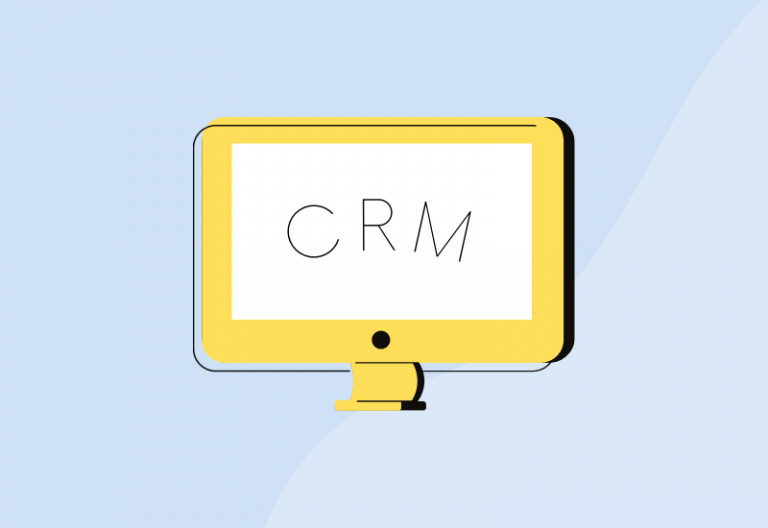
Customer relationship management (CRM) has become an essential tool for businesses of all sizes and across a wide range of industries. In today’s competitive business environment, companies need to manage their customer relationships effectively to stay ahead of the curve. In this article, we will discuss which industries use CRM and how they benefit from its use.
Retail
The retail industry is one of the biggest users of CRM. Retailers use CRM software to track customer purchases, preferences, and behavior. This allows them to provide more personalized and targeted experiences for customers, which can lead to increased customer loyalty and sales.
Financial Services
The financial services industry is another big user of CRM. Financial services companies use CRM software to manage customer data, track sales leads, and manage customer interactions. This allows them to provide more personalized financial advice and services to their customers, leading to increased customer satisfaction and retention.
Healthcare
The healthcare industry is increasingly using CRM software to manage patient relationships. Healthcare providers use CRM to track patient data, manage appointments, and communicate with patients. This allows healthcare providers to provide more personalized and targeted healthcare services, improving patient outcomes and satisfaction.
Real Estate
The real estate industry is also a big user of CRM software. Real estate agents use CRM to manage leads, track customer interactions, and manage their properties. This allows them to provide more personalized and targeted services to their clients, leading to increased sales and customer satisfaction.
Manufacturing
Manufacturing companies use CRM software to manage customer relationships, track sales leads, and manage production schedules. This allows them to provide more personalized and targeted products and services to their customers, improving customer satisfaction and retention.
Technology
The technology industry is another big user of CRM software. Technology companies use CRM to manage customer data, track sales leads, and manage customer interactions. This allows them to provide more personalized and targeted services to their customers, improving customer satisfaction and retention.
Conclusion
These are just a few examples of the industries that use CRM software. As customer relationships become increasingly important for businesses of all sizes, CRM has become an essential tool for managing those relationships. By using CRM software, businesses can track customer interactions, manage customer data, and provide more personalized and targeted experiences for their customers. This leads to increased customer satisfaction, retention, and sales, helping businesses to stay ahead of the curve in today’s competitive business environment.




